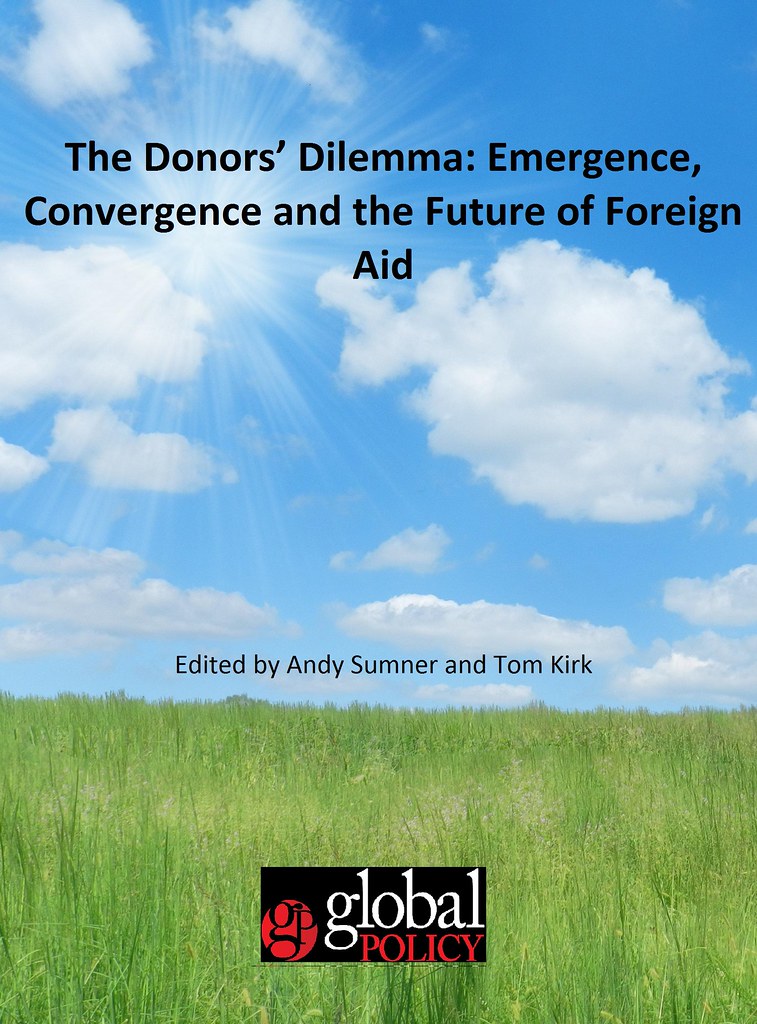Book Review: Will China Dominate the 21st Century?
Will China Dominate the 21st Century? By Jonathan Fenby. Cambridge: Polity 2014. 139 pp, £35 hardcover 978-0-7456-7926-6; £9.99 paperback 978-0-7456-7927-3; £7.49 e-book 978-0-7456-8222-8
Jonathan Fenby is a former editor of the Observer and the South China Morning Post. He is also a well-known China analyst and a managing director at a British research and consulting firm. Will China dominate the 21st century?, Fenby asks. His answer is no, since domestic issues will continue to constrain the country’s ability to exert global influence for a long time to come. In his view, China has more or less successfully completed the first, relatively easy, phase of its development trajectory. However, says Fenby, the second phase will be much harder. According to him, there are two main possible scenarios for China’s future.
The more likely scenario, in his view, is that China’s leaders will continue to avoid implementing far-reaching reforms out of fear that these will undermine the power of the Communist Party. As the book convincingly points out, China is facing an impressive assortment of domestic challenges. These include a societal trust deficit, poor safety standards, corruption, environmental pollution, a weak legal system, and discontent in Tibet and Xinjiang. The author believes that without major changes that would include a more liberalized economy and a more democratic political system, these problems cannot be solved. As he sees it, China will not soon collapse, but without the necessary reforms its further development will be severely hampered. The other, less likely, scenario is that China’s leadership will implement major reforms thereby limiting its own power. Fenby argues that even if this would happen, China still would not be a dominant global power since the transition to a new political-economic system and development model would be protracted and difficult. So, he thinks, whether or not fundamental reforms are implemented, China will remain preoccupied with its domestic issues.
Although the author believes that with the US, China will be one of two major global players, he adds that the country still has a long way to go before it can be regarded as the dominant actor at the global level. Internationally, China is increasingly seen as a threat, certainly by several of its neighbours. At the same time, it is not regarded as a global leader since it does not assume the kind of international responsibilities that correspond with its economic size. And even apart from this, says Fenby, it is questionable whether any single country is able to dominate today’s world.
The argument in this very readable book raises two important issues. First, can China maintain its economic and social development process without major political reforms that would limit the Communist Party’s power? This question has been posed many times since the start of China’s economic reform and opening up in the late 1970s. After three decades of extremely rapid GDP growth of on average 10% per year, the country now seems to have entered a phase of GDP growth that is still high but – being under 8% per year - less so than before. Also, the initial export-driven growth model has been replaced by an investment-driven approach that does not seem sustainable. To move ahead the economy needs to derive its growth from domestic consumption, but this requires major economic and social adjustments. As argued by Fenby, it is very likely that under the current autocratic system various fundamental problems will remain unresolved, but does this mean that China’s economic growth will slow down to a very low rate? Xi Jinping is in the process of greatly strengthening his own position as China’s top leader. What if during his term in office (which lasts until 2022) Xi uses his personal power to push through major economic reforms while maintaining the leading role of the Communist Party? Such a strategy is risky because its success relies on a single person, with particular difficulties being the issue of leadership succession in the future and the continuation of a repressive state. But the possibility that for the next one or more decades China keeps developing economically without restructuring its political system must not be ruled out.
The second issue relates to the phrase ‘domination of the 21st century’. What exactly does this mean? This is not clearly explained in the book. A more manageable variant of this question is whether China has the potential to further strengthen its global influence in the next few decades, in particular in relation to the United States and its allies. China is already undermining the long-established position of the US in East Asia, as well as the functioning of Western-initiated global norms and institutions. This is happening despite all the limitations and problems discussed in Fenby’s book. Should the country’s economy keep growing, then there seems no reason to believe that its rise as a global power will stall. Xi’s domestic strong-man policy is accompanied by an increasingly tough stance with regard to maritime disputes with Japan, the Philippines and Vietnam. There is a large risk for China that this might lead to some degree of international isolation or a highly damaging conflict. However, it could also accelerate the process of China’s ascendance as the region’s leading power. China is currently raising the stakes, not just for its counterparts in regional disputes and the United States, but also for itself. The outcome of this gamble is uncertain, but it seems to me that a continuation of China’s rise as a global power is among the possibilities.
Frans-Paul van der Putten is a China researcher at the Netherlands Institute of International Relations ‘Clingendael’.
 Global Policy is proud to announce the release of its first e-book - 'The Donors’ Dilemma: Emergence, Convergence and the Future of Foreign Aid' - Guest Edited by Andy Sumner and Tom Kirk
Global Policy is proud to announce the release of its first e-book - 'The Donors’ Dilemma: Emergence, Convergence and the Future of Foreign Aid' - Guest Edited by Andy Sumner and Tom Kirk
As poverty declines, it asks what if the remaining pockets of poverty are increasingly focused in countries where aid is already on the way to becoming irrelevant as domestic resources grow? Download the full e-book here.


